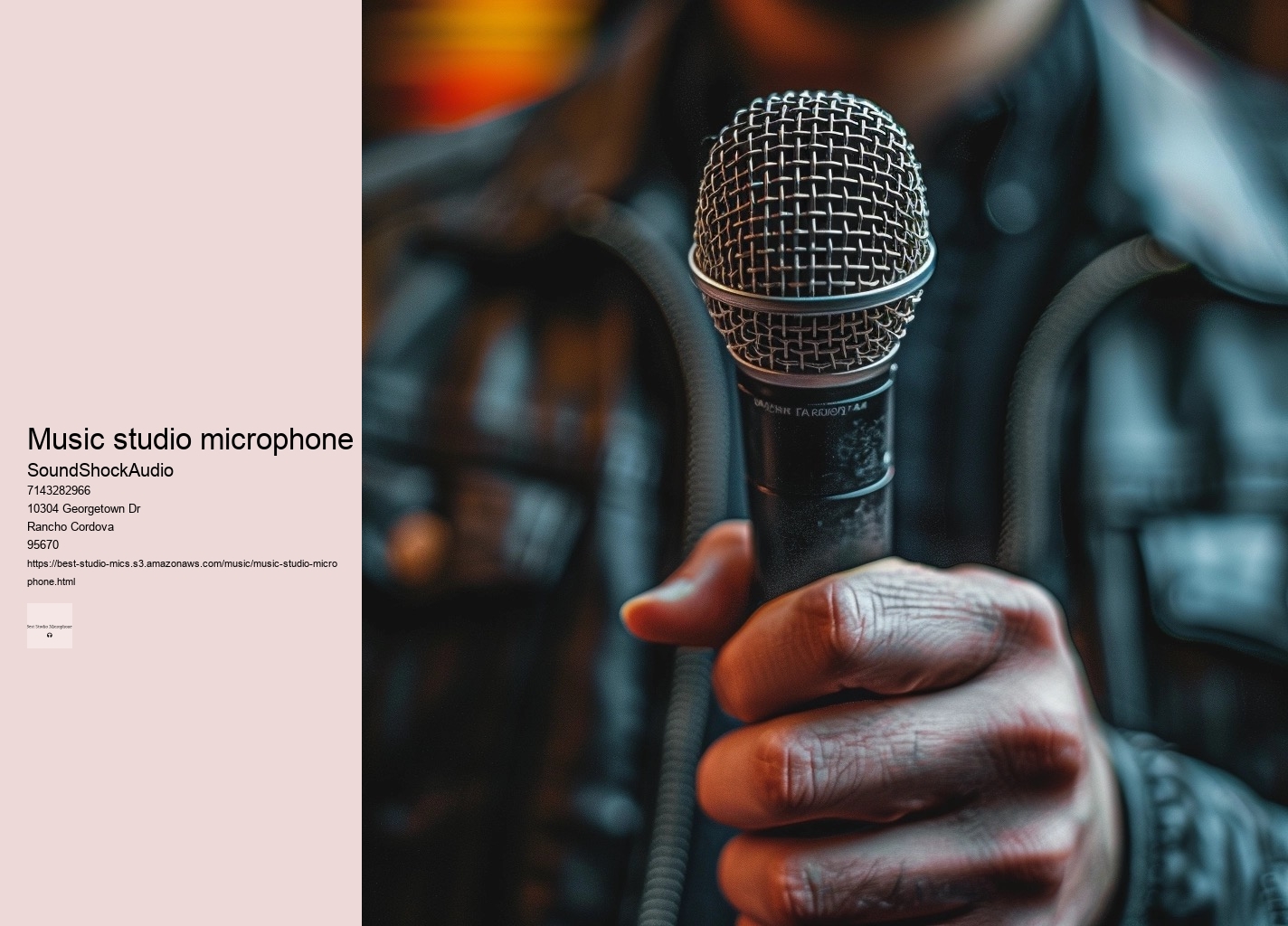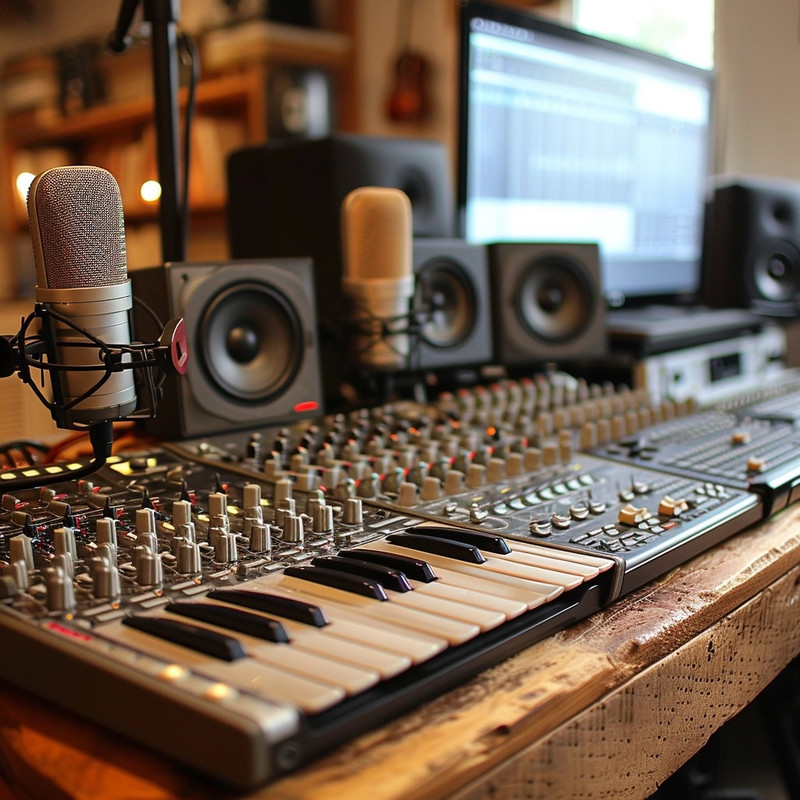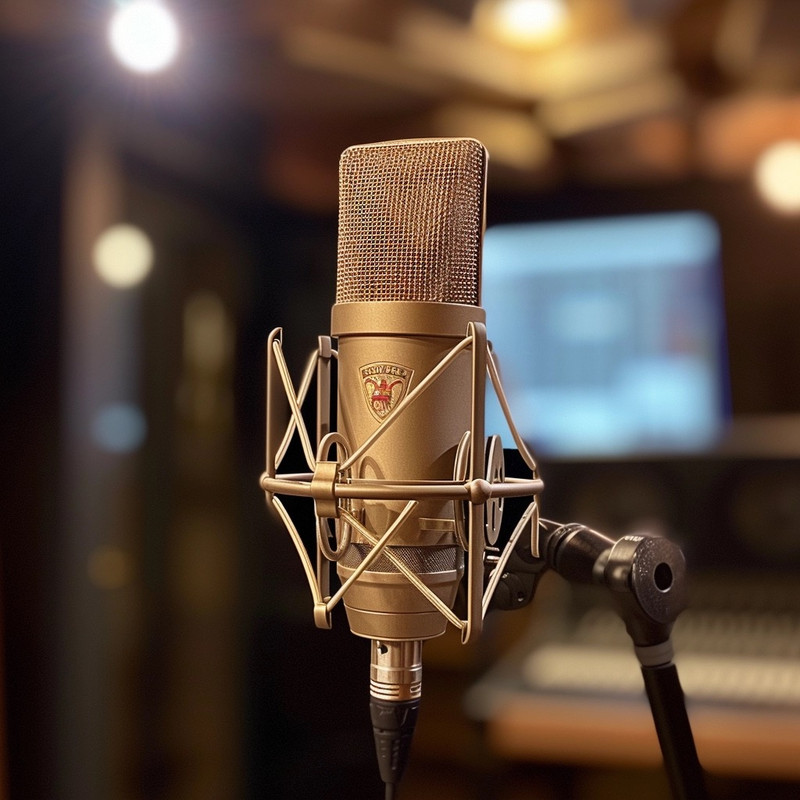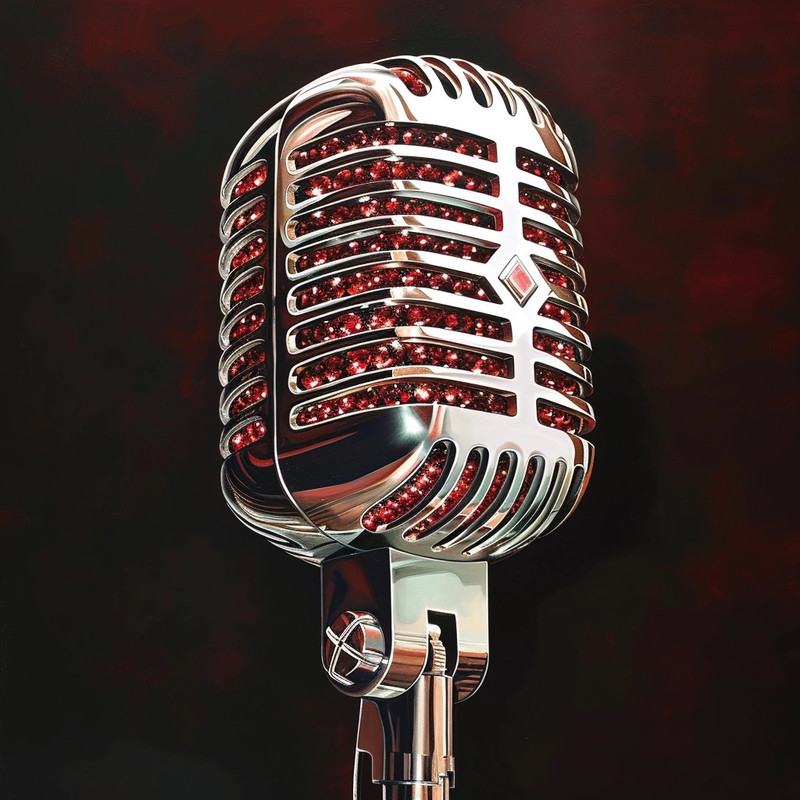

For instance, Shure SM7B is often lauded for its warm and smooth sound reproduction, making it a staple in radio stations and recording studios alike. To find out which microphone to buy, check out the best studio microphones on SoundShockAudio.. The Blue Yeti or Rode NT-USB makes podcasting hassle-free yet professional-sounding. Rode Microphones' NT1 is now in its fifth generation, and it's one of the best-selling large capsule cardioid microphones available.
This is the first microphone you should purchase for your drum kit. But it's not just about stifling sound; diffusion plays a pivotal role in maintaining a lively yet controlled acoustic environment.
They are a must for any professional studio. It captures all the details.
Without their subtle yet crucial amplification, even top-tier microphones would fall short in capturing the full spectrum of sounds required for flawless recordings. It’s not merely about nostalgia; it's about depth and dimensionality in sound.
Dynamic mics are robust and handle high sound pressure levels well, making them suitable for loud sources like drums or guitar amps. The outer wave-shaped spring/mesh serves as a shock absorber for the capsule. A good quality multi-pattern mic allows flexibility in various streaming scenarios—be it a solo session or interacting with multiple guests.
It comes with interchangeable capsules to give you even more flexibility. However, avoid over-treating with panels; an excessively dead space can render recordings lifeless.
It's an excellent value for money, with a carrying bag and shock mount. Finally, consider how the right microphone enhances not just individual projects but your reputation as well.
It also has a slightly better bass response and more clarity than a typical dynamic microphone. When endeavoring to elevate one's recordings to professional heights, it's essential to consider the delicate balance between budget constraints and performance expectations.
It is slung over the front of a guitar cab. They were right. Firstly, we encounter dynamic microphones, robust workhorses renowned for their durability and ability to capture loud sources.
The Beatles, Tom Petty and Michael Jackson are just a few of the artists who have created music using the C12. Connectivity options range from traditional XLR cables to modern USB and even wireless solutions.
This isolation allows for cleaner recordings even when adjustments are made during a session. Home studios on a budget should not overlook more affordable options which still deliver commendable quality.
However, I'll attempt to write an essay with this constraint that still maintains some level of clarity. Play around with the placement of the condenser microphone and you'll find a solution that is tried and true.


Lastly, brand reputation and user testimonials provide real-world insights into microphone performance beyond mere technical specifications. This pipe has some distinct advantages. The resulting recordings exude professional depth and crystalline clarity, allowing every detail of the audio to shine through untarnished.
Acoustic treatment complements isolation by refining the recording space itself. Mics with cardioid patterns are sensitive at the front, and do not pick up sounds from behind. The 84-style microphones have the clarity of a condenser with the noise-rejection properties of a closed-mic design.
The D12, released in 1953, was designed to increase bass response with a bump between 60-120Hz. Final Thoughts: Investing in Quality EquipmentEmbarking on a journey to capture pristine studio-quality sound can be akin to an artist selecting the perfect palette and brushes - it demands precision, care, and a discerning eye for quality.
These microphones are not as sensitive as cardioid mics, but will capture more background noise from any part of your recording environment. This dynamic powerhouse is lauded for its remarkable ability to reject ambient noise while capturing rich vocal timbres, making it a favorite among podcasters and vocalists who demand broadcast-quality sound without the intrusion of extraneous sounds.
Lastly, aesthetic design may not directly influence sound quality but can inspire performers and enhance studio decor—never underestimate how ambiance impacts creativity! You can create music wherever you want to, with the right equipment.

In conclusion, while upfront costs may be higher when selecting top microphones for flawless recordings, the long-term benefits—superior sound quality, durability, value retention, and professional image—far outweigh initial expenses. It won't "break Reverb or eBay" and will never be called a secret weapon. The SM57 is the perfect snare mic for guitars.
This is undoubtedly the G. To encapsulate our quest for an unmatched studio microphone capable of transforming recordings into works of art: one must not just look at specs alone but also consider how well it dances with its surroundings – because only then does a microphone transcend being simply an instrument; it becomes the painter's brush that delicately strokes colors onto our canvas of silence.- Home studios versus professional studios: adapting microphone choicesIn the realm of sound capture, microphones stand as pivotal instruments, bridging the gap between ethereal melodies and tangible recordings. In essence, capturing studio-quality sound is less about owning top-tier microphones and more about cultivating an environment that fosters relentless experimentation—an endeavor where every failure leads closer to perfection and every success inspires further innovation.
Typically, these sturdy microphones are the go-to choice for live performances due to their resilience against high sound pressure levels and rough handling. To ensure that you capture flawless audio, consider these strategies to foster an optimal acoustic space.
It's more in the upper mids. These mics are all about feeling and finding what suits your voice.
However, with the vast array of microphones available on the market, ranging from budget-friendly workhorses to high-end marvels of engineering, navigating through options can be daunting. It's typical for high-end condenser microphones that require phantom power—a voltage supplied through the cable—to operate correctly.
As of my last update in 2023, Lizzo has been seen using various microphones, but she is often associated with the Shure Super 55 Deluxe Vocal Microphone for its classic look and reliable performance. This microphone combines the vintage design of the original iconic Shure Unidyne microphone with modern acoustic components to meet today's performance standards, making it a favorite among artists who value both style and quality.
Rihanna, like many professional recording artists, has been known to use high-quality microphones for her studio recordings. One of the microphones she has been reported to use is the Neumann U 87, which is renowned for its warm sound and versatility in capturing vocals with clarity and detail. This microphone is a favorite among many top artists and producers for its exceptional sound quality.
Justin Bieber, like many professional artists, often uses high-quality microphones tailored for live performances. A popular choice among such artists, including Bieber, is the Shure SM58, known for its durability and ability to deliver clear, quality sound in live settings. However, the specific microphone he uses can vary depending on the venue, sound requirements, and personal preference at the time.
Stevie Wonder has been known to use a variety of microphones throughout his career, but one of the most iconic mics he used, especially during the 1970s, was the Neumann U87. This microphone is renowned for its versatility and warm, clear sound, making it a favorite among vocalists and producers in the music industry.